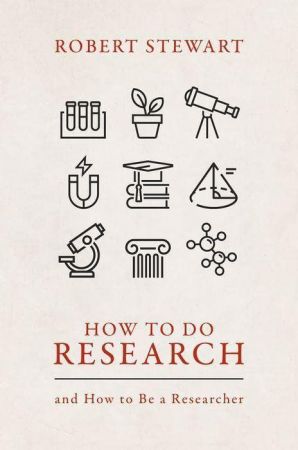
English | 2023 | ISBN: 978-0192868657 | 273 pages | True PDF | 6.43 MB
There are many textbooks on research methods, plenty of books on popular science, and specialist texts on a whole range of academic fields. However, few bring these together as a framework for a career involving research, and few attempt a practical appraisal of the challenges and opportunities involved in being 'a researcher'. Here, the principles underlying humanity's past and continuing acquisition of knowledge are illustrated across a variety of academic fields, from history to quantum physics - telling stories of clever and inventive people with good ideas, but also of personalities, politics, and power. This book draws together these strands to provide an informal and concise account of knowledge acquisition in all its guises.
Having set out what research hopes to achieve, and why we are all researchers at heart, early chapters describe the basic principles underlying this - ways of thinking which may date back to the philosophers of the Athenian marketplace but are still powerful influences on the way research is carried out today. Drawing on a broad range of disciplines, Stewart takes the reader well beyond the pure 'scientific method', which might work well enough in physics or chemistry but falls apart in life sciences, let alone humanities. Later chapters consider the realities of carrying out research and the ways in which these continue to shape its progress - researchers and their personalities, their employers, funding, publication, political forces, and power structures.
Written in an accessible and engaging style, this book is for anyone embarking on a research project or beginning to think about a career involving research, and for those in need of refocusing on why they started research in the first place.
Links are Interchangeable - No Password - Single Extraction



